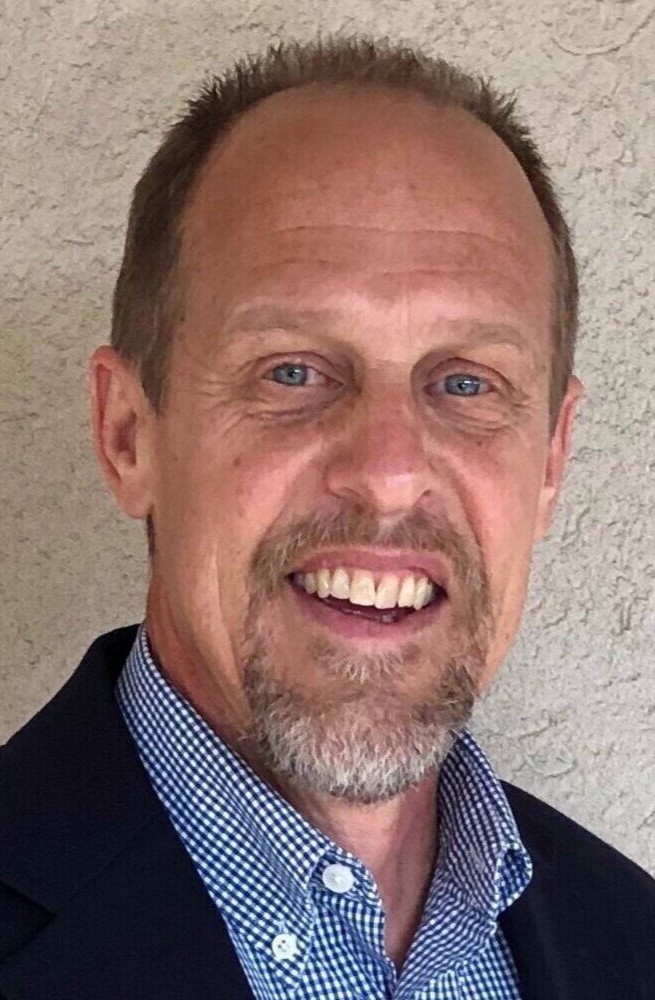Dear people in churches,
When your pastor, church staff and lay leaders try transforming your church into a more vitalized body of Christ, they will inevitably encounter resistance, push back and sometimes attacks and character assassination. Our role is not to passively stand by. Our role is to find our voices, actively advocating for mission-congruent transformation, even confronting each other when needed.
Otherwise, vitality doesn’t stand much of a chance.
When you serve in the church world for a while, patterns begin to reveal themselves. Sometimes theory and practice meet, resulting in aha moments. Although not really a new insight, recent church consulting and leadership coaching tells me the role of laity in churches is changing. What churches need from participants in order to thrive is way different than it was just 10 years ago.
“What churches need from participants in order to thrive is way different than it was just 10 years ago.”
Here’s what I mean: Those who know family systems theory will recognize the systemic dynamics all over the opening paragraph of this column. In addition, those who simply know church life recognize that shifting church toward vitality always elicits resistance. This is not because people in churches are more stubborn and difficult than others. This is because all living systems (mostly unconsciously) seek to maintain the status quo (homeostasis).

Mark Tidsworth
So resistance to transformation, even toward the church’s mission, is inevitable and predictable. I’m not here to debate this insight. Accepting it as normal and natural frees us to consider what we will do, how we will relate to this reality inherent in church life.
That’s where a second clear and actionable insight serves the church well: We are all in this together.
If we expect our church’s leadership to singlehandedly bring vitality and transformation to our churches, we are setting them up to fail.
This has always been true, ever since people formed groups and communities. But here’s what’s different about the current situation: There are people in churches who have caught the toxic relational viruses floating around in our culture. They are caught up in the cultural trends that encourage one to fight for one’s point of view, no matter the consequences. They are “no compromise people,” determined to get their way.
“If we expect our church’s leadership to singlehandedly bring vitality and transformation to our churches, we are setting them up to fail.”
Sure, churches always have included crotchety complainers, those who irritate others and throw up obstacles to missional movement. But what’s happening now is different. There are currently people in churches who believe their churches need not change or transform, determined to maintain the status quo regardless of what it means for them or their peers. In fact, they are willing to slander, disparage and assassinate the character of their church leadership in order to get their way.
An insidious aspect of this kind of activity is its secrecy. Those trying to undermine forward movement are too smart to call public attention to their efforts. Instead, they quietly plant doubts, whisper accusations and scapegoat their leadership for the perceived ills in their church. This means the majority of the congregation is surprised whenever this effort to undermine progress goes public.
I can’t tell you how many times I’ve heard people of good faith say, “Well, if I had only known sooner, I would have done something.” Not every church is infected equally with this culturally shaped toxic attitude with people overtly and consciously undermining leadership, yet every church senses the resistance when seeking to move forward with its calling to become more robust bodies of Christ.
People in churches, we need you now. We need your voices, we need your active participation in the process. We need you to stand up for missional movement and progress. We need you to advocate for what’s good, healthy and mission-congruent in your church. Your leadership needs you to confront false accusations when you hear them from your peers. Rather than respectfully listening to accusations you know to be untrue, we need you to clearly provide the truth about your church and its leadership. Otherwise, people mistake your quiet listening as agreement.
Here’s why: Pastors and church staff are highly sensitized to the classic pattern that’s so often how these dynamics are managed. Resistance to transformation rises, pastors and church staff singlehandedly confront those resisting, with the predictable result of the pastor and church staff becoming the focus of this tension. Rather than resolving the issue, they become the issue, scapegoated by those resisting and sent into the wilderness.
“Since the silent majority was silent, they inadvertently supported enacting this pattern through inaction.”
Since the silent majority was silent, they inadvertently supported enacting this pattern through inaction. Besides, the people most intent on maintaining the status quo are delighted to take on pastors and church staff, knowing they can make their lives so miserable that they may voluntarily move on rather than be forced out. Your lay leaders also need your active participation in order to create coalitions for good in your church.
I can tell you this after working with so many churches around these dynamics: My heart leaps for joy when I observe laity in churches saying to each other, “Times have changed, that’s not how we do things now.” When church people start participating, speaking up for missional progress, then we know the church is on the verge of a vitality explosion.
So, people in churches, these are not “normal” times. We need you. We need your active participation, your voice to be heard. Without you, another pastor will have to leave and lay leaders will burn out, turning into “dones.” With you, there’s great hope for your particular church, for a vitalized transforming faith community that is a part of God’s efforts to renew our world.
We are in this together, we are church. Let’s find our voices.
Mark Tidsworth is founder and team leader for Pinnacle Leadership Associates. He has served as a pastor, new church developer, interim pastor, renewal pastor, therapist, nonprofit director, business owner, leadership coach, congregational consultant, leadership trainer and author. Ordained in the Baptist tradition, Mark is an ecumenical Christian minister based in Chapin, S.C.
Related articles:
Churches must learn to adapt to ‘permanent transition,’ Leonard stresses
The present crisis for church staff | Opinion by Mark Wingfield
What The Atlanta Opera and theater companies might teach the church about post-COVID adaptation


